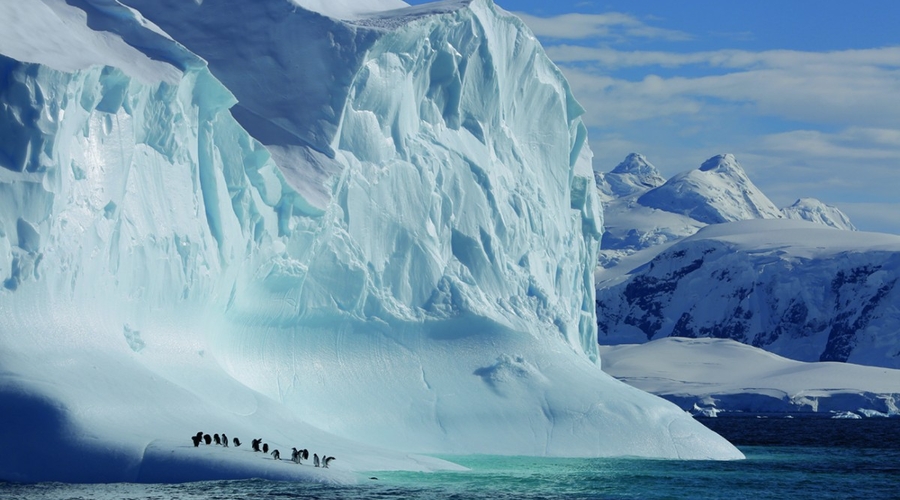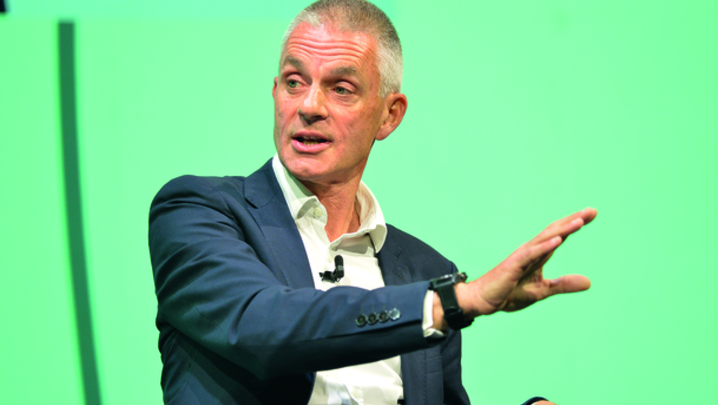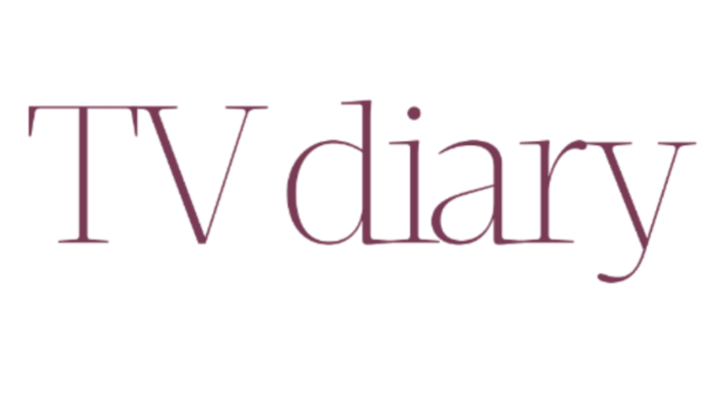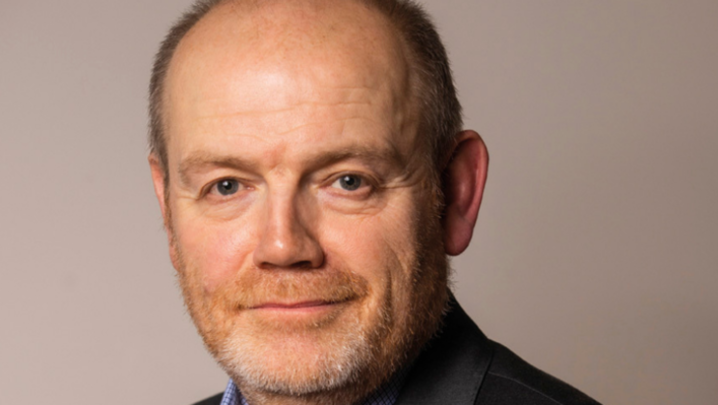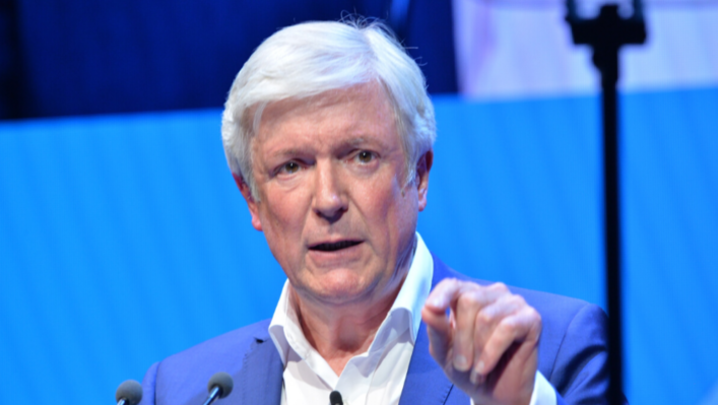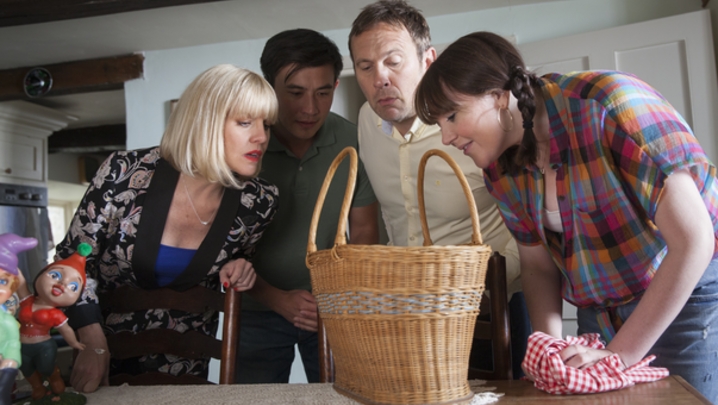Natural history film-maker Sophie Lanfear leaves her natural habitat for Hollywood and encounters a television great
"It’s a lot smaller than the telly makes it seem,” I think to myself as I stare out at the infamous Hollywood sign. LA is the last place you’d expect to find a wildlife filmmaker who’s more accustomed to being holed up in a shack in the Arctic wilderness. I’m on the 10th floor of a Hollywood hotel pondering the events of the last week.
I’m here courtesy of Netflix, which invited me to join its “Rebels and rule breakers” panel as part of its Emmy campaign for Our Planet. I didn’t want to spoil things by telling them that: a) I am not really a rebel, because b) I’m far too rule-abiding for my own good.
Still, I was honoured to be alongside some of Netflix’s leading female talent, including the legendary Marta Kauffman, co-creator and executive producer of Friends.
While I wasn’t sure about the value of an all-female panel (I feel that true gender equality means gender invisibility), it was inspiring to hear women speak unhindered about the challenges they have faced in traditionally male-dominated industries.
I hadn’t appreciated the shortage of female role models in TV (especially at senior producer and executive level), and the impact that can have on trying to develop your own leadership style and other facets of your career.
With only men to look up to, this lopsided influence means that, without even realising it, a part of your nature gets suppressed.
I came away feeling relieved at having acknowledged this and optimistic that women are gradually reaching those higher places. Hopefully, we will get to a place where gender difference is appreciated and drawn upon, with the result that there is more varied and emotionally complex content.
I have lived and breathed Our Planet since early 2015. It has been two months since the series went global (one of the joys of working for a streaming giant), and the tragic walrus sequence that ends my Frozen Worlds film went viral.
Since then, life has been unusually busy. The film helped fuel a global conversation about the impact of climate change.
This morning, I was interviewed for American radio station SiriusXM. They wanted to talk about what people could do to support a more sustainable future. There is so much I learnt while making Our Planet. It is especially rewarding to be able to impart some of this knowledge to people who want to do what they can to make a difference.
I have started work on the next big wildlife documentary series for Netflix. We are in the initial stages of production. This requires you to turn into a sponge and absorb everything possible to come up with a cohesive structure for a film that a mass audience will understand.
My day is spent assimilating as much information as I can from a wide variety of sources to work out which animal stories/behaviours best fit the narrative.
From YouTube videos of squeaking frogs, to academic papers that make me remember why I didn’t stay on at university to do a PhD, the quest to find the perfect stories often feels relentless and arbitrarily boundless.
Everything is up in the air. Quite how it will all fall into place, no one knows. From the seeming chaos, one has to trust that order will somehow prevail.
Some form of order has to be presented to Netflix as we meet to discuss the new series and some of the editorial challenges facing us. We question how we can make the series distinctive and deliver the incredible visuals that audiences expect from high-end natural history television.
Demand for natural history content has never been higher; Apple, Netflix, the BBC, BBC Earth, Discovery and Nat Geo are all after their slice of the pie. Which is great for us, but one consequence is that the industry has become much more clandestine.
So it will be several years before I am able to able to divulge all the exciting details.
Sophie Lanfear is a producer/director at Silverback Films.

